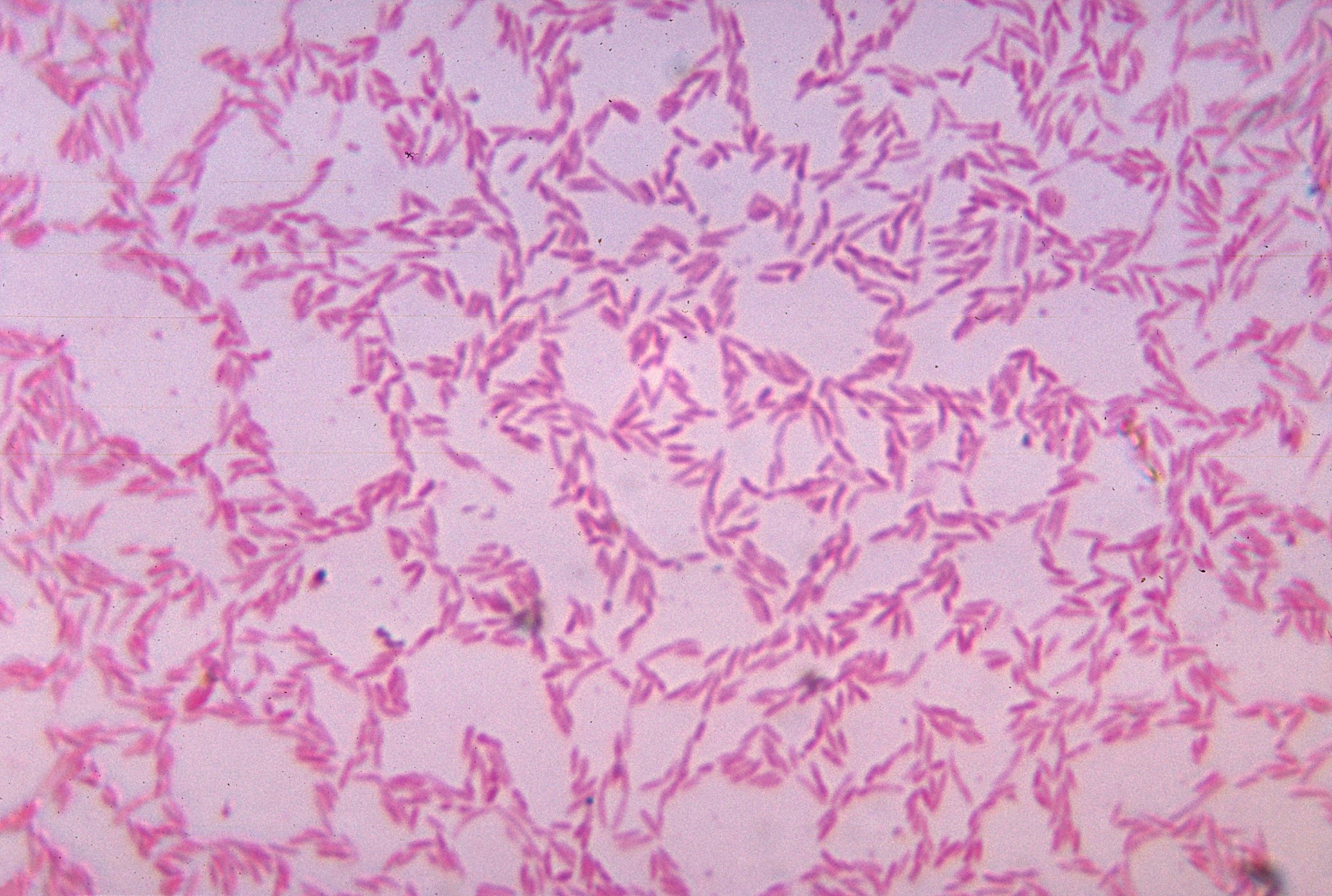In each of our bodies coexist, along with us, around 2 kilograms of microorganisms, without which, our life would be impossible.
The colonization of these microorganisms begins as soon as the fetus begins to form in the maternal uterus. Specifically, during pregnancy, microorganisms from the mother migrate to the developing fetus. Depending on the type of delivery, the first contact at birth and the type of breastfeeding, the configuration of the microbiota will be established.
Most of these microorganisms are concentrated in the colon and hence the health of these allies is also so important in the fight against diseases such as inflammatory bowel disease, chronic fatigue syndrome, obesity, colitis, and, of course, colorectal cancer, the main objective of the battle that we fight every day in MiWEndo.
In other posts on this blog, we have already talked about the close relationship between colorectal cancer and diet. In fact, this link necessarily involves maintaining an adequate balance between the colonies of microorganisms that inhabit our digestive system and, for this, dietary fiber can be our great ally.
Dietary fiber can be easily found in fruits, vegetables, whole grains, and legumes. This fiber is the main food of microorganisms and thanks to it they can be unfolded and fermented to obtain energy. The recommended daily fiber intake is 38 grams for men under 50 years of age and 30 grams if they are over 50. For women, it is 25 g and 21 g, respectively. In addition, it should be noted that the fibers can be slightly fermentable, partially fermentable, or highly fermentable. Of all these, fermentable fiber is the one that is considered a prebiotic that stimulates the growth and activity of these microorganisms. The reason is that it is more bioactive since during fermentation it produces gases and acids that promote homeostasis. In fact, there is ample scientific evidence that its consumption stimulates the growth of beneficial microorganisms that protect us from these colon diseases.






